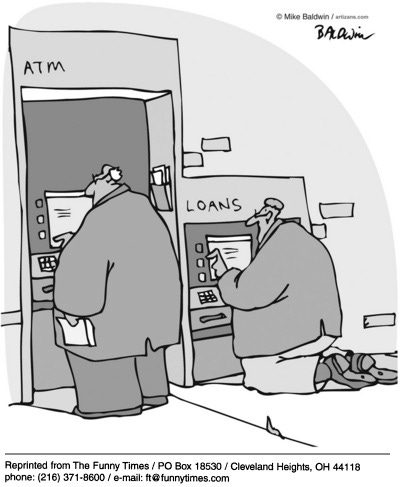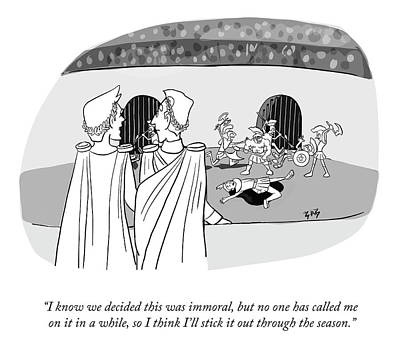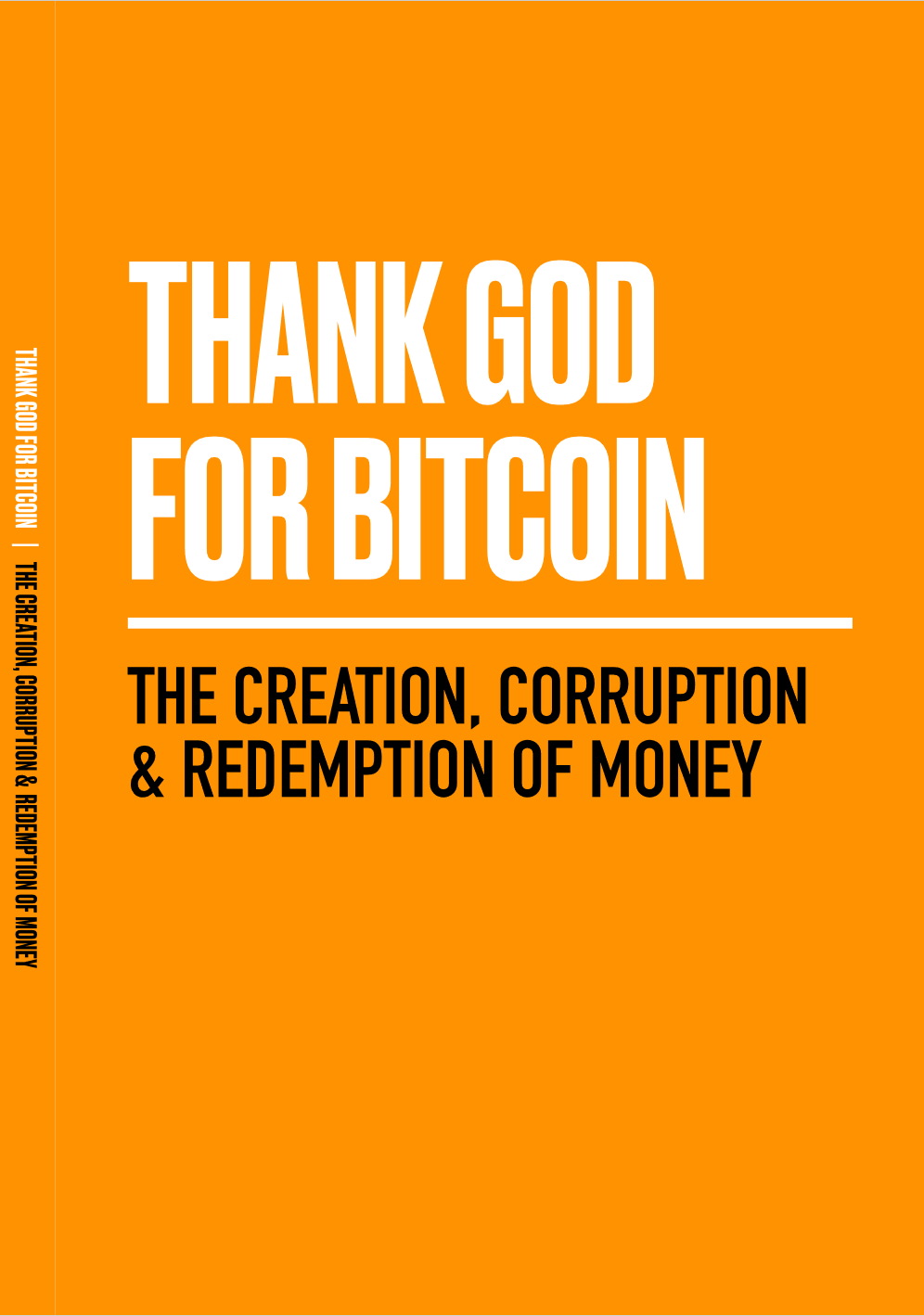Taxes are Revenue Theater. Bitcoin Tech Talk #260
Janet Yellen made some noise earlier this week about a possible unrealized capital gains tax. To the uninitiated, a capital gain is made whenever a good is sold and the difference between the cost basis and the sell price is the capital gain. This is generally for assets that are held for over a year and it’s taxed at 15% or 20%. An unrealized capital gains tax is essentially a wealth tax.
What’s the rationale behind this? In a central-bank backed fiat economy, almost all wealth is not in dollars, but in assets. This makes sense since dollars are depreciating rapidly due to the monetary expansion of the central bank. What Yellen proposes to do makes the strategy of holding onto assets unviable, her hope is probably that this tax will accelerate the velocity of money. This is par for the course for Keynesians.
That said, this proposal has no chance of actually being implemented as this would completely destroy the high asset prices. A lot of assets will have to be sold off to pay such taxes, causing an increased supply for some of the most expensive assets in the world. This will, in turn, contract the money supply because the assets will no longer be sufficient collateral for loans that were borrowed against them. The fact that this tax is more or less dead on arrival is not the point of this piece, however.
What I want to write about here is why taxes like this are being proposed in the first place. Why, especially lately, are politicians so focused on tax revenue? They proved last year that they can print money to fund whatever they need on a continuous basis without explicit taxes. Inflation is the great, hidden, implicit tax that the government uses to fund everything from wars and bureaucratic institutions to social programs and pork barrel spending. Explicit taxes are a form of theater. They aren’t necessary in a fiat money economy since money can be printed as an implicit wealth tax in lieu of explicit taxes. So why are explicit taxes being proposed?
There are three reasons for this. First is that there is, at least nominally, a federal debt ceiling in the US that puts limits on government spending. The debt ceiling is the amount that the US government is allowed to go into debt. It’s a limit on the Fed’s money printing powers on the US government’s behalf. This limit is $28.4T and the national debt is close to that number, meaning all budgets have to be balanced by revenue after that.
Of course, Congress raises the debt ceiling every time it gets close, because deficit spending is much easier than balancing budgets. Whenever we get close, we get talk of new taxes, because it’s either increasing this huge number or increasing revenue with tax. The American public believes that this debt is a burden we’re passing to our children. This isn’t true, exactly, but the US electorate complains if it gets too high, too fast.
So, why does this limit exist at all? The government has a tricky balancing act as perception of inflation causes anticipation of inflation, which quickly devolves into hyperinflation. In a sense, all explicit taxes are a way to slow the growth of this number so everyone has time to get used to even bigger numbers and keep this illusion of slow and managed monetary expansion.
The second reason is that it’s obvious there are winners and losers from the money printing. The Cantillon Effect winners (aka Cantillionaires) are thriving while a lot of people are being left behind. This is the wealth gap that gets talked about so much. It isn’t a flaw with capitalism as many would like you to believe, but rather a byproduct of fiat money. Explicit taxes are a way to put toothpaste of wealth inequality back in the tube of monetary expansion. It doesn’t work, exactly, but it does create a mess of a tax code that doesn’t get cleaned up.
The third reason is that explicit taxes hide the real taxes: inflation. The government could run purely on monetary expansion, but then it would be obvious that wealth is being taken from the people without transparency, legislation or consent. As Henry Ford said, “It is well enough that people of the nation do not understand our banking and monetary system, for if they did, I believe there would be a revolution before tomorrow morning.” The astounding unfairness of the system would be exposed much more quickly.
In other words, explicit taxes—income tax, sales tax, estate tax, capital gains tax—are all there to hide how the actual monetary system works! Explicit taxes are a way to keep people compliant about the real monetary expansion rate, nominally encumber Cantillionaires and the level of theft inherent in inflation. They are theater to distract us from the fact that there’s a wizard behind the curtain and the ridiculous absurdities that only exist so the powers that be can perpetuate their fraud.
(Incidentally, the Wizard of Oz is actually a commentary on the US monetary system, which is why the analogy works so well. The yellow brick road is the gold standard, the emerald city is the dollar and so on.)
In a sense, this is truly a crazy system. We could eliminate all taxes, abolish the IRS and eliminate a ton of needless bureaucracy, but we don’t because it would destroy people’s illusions about the monetary system. Taxes are revenue theater, a show to deceive us about our monetary system.
Bitcoin
Econoalchemist has a full writeup of how to run a Bitcoin node connected to only a Blockstream satellite. The guide is great, but it’s pretty heavy on hardware and manual labor as pointing a satellite to the right place is not an easy task. That said, the benefits are tremendous. For an offline setup, I think this will become the norm, as you can run a full node without being connected to the internet. If you’re a custodian, I’d imagine having a machine connected to the satellite, but not the internet will allow for checking of UTXOs and so on. Someone offer this service to Bitcoiners to install all this!
Kraken Security Labs has a post on vulnerabilities on certain Bitcoin ATMs. The main problem seems to be that the QR code generation for the admin interface is often set to the default one, which means that such ATMs are vulnerable to that particular QR code. There are additional hardware vulnerabilities as well, so as the post mentions it’s wisest to only use Bitcoin ATMs that you trust. I see so many such ATMs at gas stations now, so I suspect we’ll see a lot more of these sorts of bugs being reported.
Umbrel has a node product a la MyNodeBTC, Start9, and Nodl. Bitcoin Magazine has a look here. I love that users are running their own servers! For a truly decentralized network, we need lots of nodes and these devices help users set them up easily. I would like to see beefier models with apps like photo sharing, email servers, media storage and so on. Some day, this is going to be the backbone of a truly decentralized Web 3.0.
Lightning
Ryan Gentry shows how we’re at the tipping point in Lightning in the Lightning Labs newsletter. Every statistic on the network is increasing rapidly and interest is sky-high. What’s so interesting about this network is just how much of it is still in its infancy. Routing nodes are still trying to figure out who to connect to, how big the channels should be and so on. The growth will result in some pain, but there will be a much more robust network in the end.
arcbtc has published a cheap, DIY offline LN point-of-sale device. The device uses LNURL to shorten the invoices and the payment flow is great. As someone that sells books at Bitcoin conferences, I can see this device being useful, as long as you have a well-connected node with lots of inbound liquidity. For now, I still think using certain wallets make more sense because they succeed so much more often.
Michael Rhee writes about how the Lightning network empowers developers. As he points out, the fiat system forces developers to create a bank account in order to get paid. This is a tax on the good or service and it’s often significant enough for many would-be services to not get built. By removing this barrier and putting something like Lightning in its place, it really allows for permissionless innovation. This is one of the real joys of a Bitcoin future, where people can create without so much of the bureaucratic headache which sucks the life out of the entrepreneur.
Economics, Engineering, Etc.
Alex Gladstein argues that the “crypto revolution” has failed whereas Bitcoin thrives. As he points out, “crypto” suffers from the same problems as fiat. There are lots of Cantillon insiders and serious liquidity problems. Bitcoin, on the other hand, is bringing real people freedom and bringing banking services to people that previously didn’t have them. The article is a sobering look at how Bitcoin is changing the world whereas “crypto” is very much not doing so.
Breedlove has written part 6 of his Sovereigntism series, this one about statism. As he points out, governments are in the business of capturing more value, of staying in power. They do this through standardization of various kinds, which often impinge on the rights of individuals. The biggest such standardization is the imposition of fiat money, which has been used to stay in power. I found the article to be hopeful as Bitcoin is the one force that can defeat statism.
Pete Rizzo shows how altcoins are immoral. The article is not what you would call an altcoin screed, but it is an honest look at what they do. Rizzo seems to be steel-manning the altcoin case and even in the most charitable case, they are ultimately taking away user rights with a tyranny of the majority. I have an interview with Pete that I’ll publish later this week about this very article, so stay tuned.
NYDIG has published a report on their view of what Bitcoin will do over the next 9 years. The main thing from the article that’s going to raise eyebrows everywhere is that they estimate 46M people in the US are Bitcoin owners. The report spends a significant portion addressing ESG concerns, which leads me to believe that a lot of funds have some sort of ESG mandate.
Coinbase users got hacked. This was due to their multi-factor authentication being compromised and somewhere around 6000 users got their funds cleaned out. As a company flush with cash, I suspect they’ll just make the users whole and wash their hands of it. I suspect that a lot of exchanges the last 4 years have been able to paper over hacks because they’ve made so much money. I don’t think this is a good thing as bad practices need bigger market punishment.
Quick Hits
SEC vs. Ripple has some implications.
A mayor of a small town is giving every resident $1000 in BTC.
El Salvador has started mining using geo-thermal energy.
Bitfinex accidentally sent $23M in fees on Ethereum.
Another week, another badly written smart contract causing a large amount of coins being lost/misallocated.
Events
I will be in Miami for the Oslo Freedom Forum October 3-6, Texas Blockchain Summit October 8 and in Atlanta for TabConf on November 4-5.
The Programming Blockchain seminar is in Atlanta, GA on November 2-3. This is a 2-day seminar for programmers to learn about Bitcoin. You can apply here. I also have a few scholarships available for those that can’t afford it.
Podcasts, Etc.
On this week’s Bitcoin Fixes This, I talked to Aarika Rhodes about Political Campaigns. Find out how this elementary school teacher registered to run for Congress, her passions about education and foster care and why she’s running against fellow Democrat Brad Sherman.
I read through last week’s newsletter which you can find here.
I was on Tone’s show to talk Twitter Lightning integration, Ethics of altcoining and more. Another video from the Bitcoin Standard conference is out, this one is about self-sovereignty.
I talked about the relationship between religion and Bitcoin with Bitcoin Bottom Line and the new book:
Unchained Capital is a sponsor of this newsletter. I am an advisor and proud to be a part of a company that’s enhancing security for Bitcoin holders. If you need multisig, collaborative custody or bitcoin native financial services, learn more here.
Fiat delenda est.











